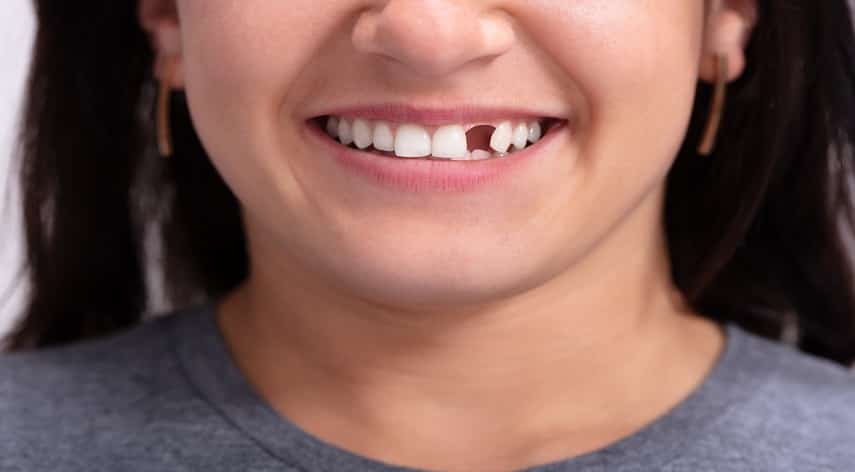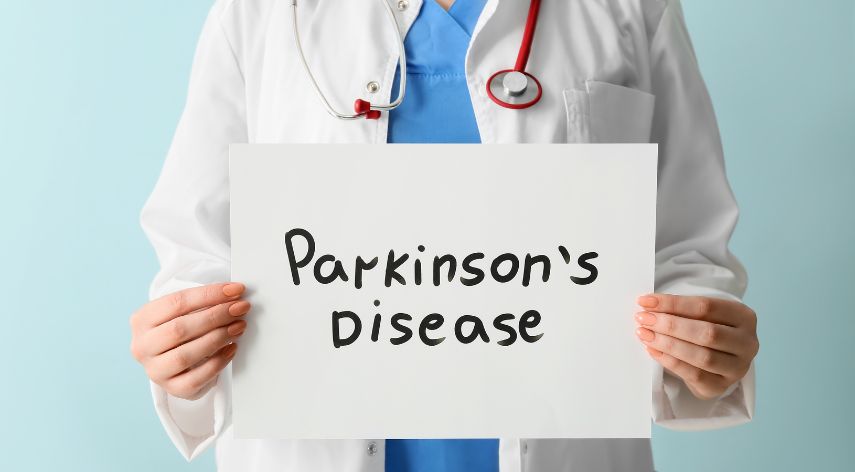Partial vs. Complete Teeth Replacement: Your Best Options, Explained

They decay. They fall out. They get infected. No matter how careful you are, your teeth are going to suffer some kind of permanent damage.
Are you wondering whether it’s time to get a dental replacement? You aren’t alone. Dental replacement isn’t a decision to make overnight. Buy it’s an important decision.
The choice of a partial vs complete teeth replacement will depend on several different factors. Find out which way to go, partial vs. complete teeth replacement.
Table of Contents
ToggleThe Key Differences Between Partial vs. Complete Teeth Replacement
There are key differences between partial and complete teeth replacement. Partial teeth replacement is when one or more missing teeth are replaced with artificial teeth, usually false teeth. Complete teeth replacement is when all of the teeth are replaced with artificial teeth.
The key difference is that partial teeth replacement does not require all of the teeth to be removed, while complete teeth replacement does. Another key difference is that complete teeth replacement is usually more expensive than partial teeth replacement.
When to Go for Partial Teeth Replacement?
When it comes to partial teeth replacement, there are a few things to consider. Take note that replacing lost teeth is extremely necessary.
Lost Teeth
If you have lost a significant amount of teeth, you may want to consider dentures or implants. If you have only lost a few teeth, however, a partial denture may be a better option. Partial dentures are less expensive than implants and can be custom-made to fit your mouth.
Age
Your age and health should be considered when deciding to go for partial teeth replacement. If you are younger, you may be able to get away with a less invasive option, such as bonding or veneers. However, if you are older, you may want to consider a more durable option, such as implants.
Lifestyle
Your lifestyle should be taken into account. If you are active and participate in sports or other activities that could damage your teeth, you may want to consider a more durable option, such as implants.
When to Go for Complete Teeth Replacement?
When it comes to complete teeth replacement or maybe just a tooth replacement, timing is everything. The best time to go for this type of procedure is when all of your natural teeth have been lost or extracted. This way, you can maximize the benefits of teeth replacement surgery and avoid any potential complications.
There are a few instances when you may want to consider getting a complete teeth replacement. One is if most of your teeth are missing and you want to restore your smile.
Another is if you have severe gum disease and your teeth are at risk of falling out. And finally, if you have teeth that are badly damaged or decayed, replacing them may be the best option. Talk to your dentist to see if complete teeth replacement is right for you.
Go for a Complete Teeth Replacement If Needed
If you have been advised by your dentist to go for a complete teeth replacement, it is best to follow their recommendation. This procedure is usually irreversible, so it is important to be sure that it is the right decision for you.
After your teeth have been replaced, you will need to take care of them just like your natural teeth. Be sure to brush and floss regularly and see your dentist for regular checkups.
For more information and facts on dental health or any general articles, visit our blog page.
Alice Christina, a seasoned health writer, combines her passion for wellness with a strong foundation in evidence-based research. She crafts insightful content that empowers readers to make informed health decisions. Alice's expertise shines through her concise and reliable health articles.
Recommended For You
Spread the loveAre you striving to lose weight without sacrificing your health? With weight loss advice seemingly coming from every
Spread the loveSeniors with Parkinson’s disease (PD) can lead satisfying lives, even though there is currently no cure for the
Spread the loveHave you ever stumbled upon an IP address that seems to be shrouded in mystery? One such enigmatic





